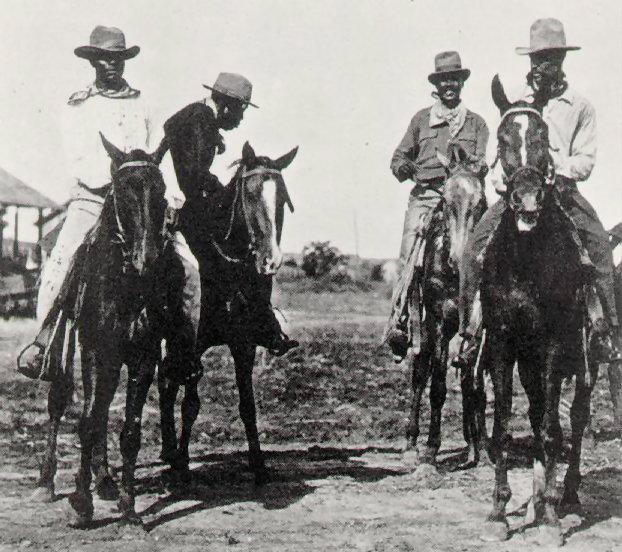From the Desk of Mayor Eric H. Jones, Jr.
I recently read something by President Reagan that goes to the heart of the diversity and contributions of all Americans, regardless of race, ethnicity, culture, nationality or religion. He spoke of how becoming an American is much more than simply getting a legal document attesting to the bearer’s privileges of citizenship. The quote says, “America represents something universal in the human spirit. I received a letter not long ago from a man who said, ‘You can go to Japan to live, but you cannot become Japanese. You can go to France to live and not become a Frenchman. You can go to live in Germany or Turkey, and you won’t become a German or a Turk.’ But then he added, ‘Anybody from any corner of the world can come to America to live and become an American.’” A person becomes an American by adopting America’s principles, especially those principles summarized in the “self-evident truths” of the Declaration of Independence, such as “life, liberty, and the pursuit of happiness.” Carl Friedrich wrote that “To be an American is an ideal, while to be a Frenchman is a fact.”
The history of America includes important contributions from many people from many countries. This month we celebrate one of those groups of people. Black History Month, observed during February, is a month typically dedicated to celebrating the achievements of black Americans and the significant role they have played in U.S. history. Black History Month plays an especially key role because we recognize that black history is a part of the combined history of many that help build this nation. Black History Month is important because we are facing a time of unprecedented intolerance with even the reemergence and prominence of racial prejudice. It was this type of discrimination that killed Andrew, James, and Michael during Freedom Summer 1964. They were killed because they were helping defend the civil rights of black Americans and their right to vote! Their deaths spurred our country into action against the discriminatory and racist practices in Mississippi and across America. 53 years later, those same rights are under attack again. The cause they gave their lives for is still a battlefield today. We are on the front lines of voting rights, resisting the serious attack on young people’s right to vote. In celebrating Black History Month, President Ford said in his message, “We can seize the opportunity to honor the too-often neglected accomplishments of black Americans in every area of endeavor throughout our history.”
Presidents have issued national decrees with each year’s theme since the 1970s. Black history is often reduced to a handful of memorable moments and events. In black history, those events often include courageous stories like those of The Underground Railroad and historic moments like the famous “I Have a Dream” speech by Dr. Martin Luther King, Jr. But these are only a few of the significant and notable events to know and remember. Black History Month was established by way of a weekly celebration in February known as “Negro History Week” by historian Carter G. Woodson. But just as black history is more than a single month, so too are the numerous events and figures that are often overlooked during it. I want to share two little known facts about Black History. The first is that one in four cowboys was Black, despite the stories told in popular books and movies. In fact, the real “Lone Ranger” was inspired by an African-American man named Bass Reeves. Reeves had been born a slave but escaped the west during the Civil War where he lived in what was then known as Indian Territory. He eventually became a Deputy U.S. Marshal, was a master of disguise, an expert marksman, had a Native American companion, and rode a silver horse. His story was not unique, however. In the 19th Century, the Wild West drew enslaved Blacks with the hope of freedom and wages.
When the Civil War ended, freed men came West with the hope of a better life where the demand for skilled labor was high. These African Americans made up at least a quarter of the legendary cowboys who lived dangerous lives facing weather, rattlesnakes, and outlaws while they slept under the stars driving cattle herds to market. While there was little formal segregation in frontier towns and a great deal of personal freedom, Black cowboys were often expected to do more of the work and the roughest jobs compared to their white counterparts. Loyalty did develop between the cowboys on a drive, but the Black cowboys were typically responsible for breaking the horses and being the first ones to cross flooded streams during cattle drives. In fact, it is believed that the term “cowboy” originated as a derogatory term used to describe black “cow-hands.”
The second little known fact is that before there was Rosa Parks, there was Claudette Colvin. Most people think of Rosa Parks as the first person to refuse to give up their seat on a bus in Montgomery, Alabama. There were several women who came before her; one o f whom was Claudette Colvin. It was March 2, 1955, when the fifteen-year-old schoolgirl refused to move to the back of the bus, nine months before Rosa Parks’ stand that launched the Montgomery bus boycott. Claudette had been studying black leaders like Harriet Tubman in her segregated school, those conversations had led to discussions around the current day Jim Crow laws they were all experiencing. When the bus driver ordered Claudette to get up, she refused. “It felt like Sojourner Truth was on one side pushing me down, and Harriet Tubman was on the other side of me pushing me down. I couldn’t get up,” said Colvin. Claudette Colvin’s stand didn’t stop there. Arrested and thrown in jail, she was one of four women who challenged the segregation law in court.
Claudette Colvin
If Browder v. Gayle became the court case that successfully overturned bus segregation laws in both Montgomery and Alabama, why has Claudette’s story been largely forgotten? At the time, the NAACP and other Black organizations felt Rosa Parks made a better icon for the movement than a teenager. As an adult with the right look, Rosa Parks was also the secretary of the NAACP, and was both well-known and respected – people would associate her with the middle class and that would attract support for the cause. But the struggle to end segregation was often fought by young people, more than half of which were women. We often limit the list of those who contributed to this great nation’s success, but the list is very long.
Not just this month but throughout the year, let us celebrate one another’s history because we all did this together!
GOD BLESS YOU ALL AND GOD BLESS AMERICA!










